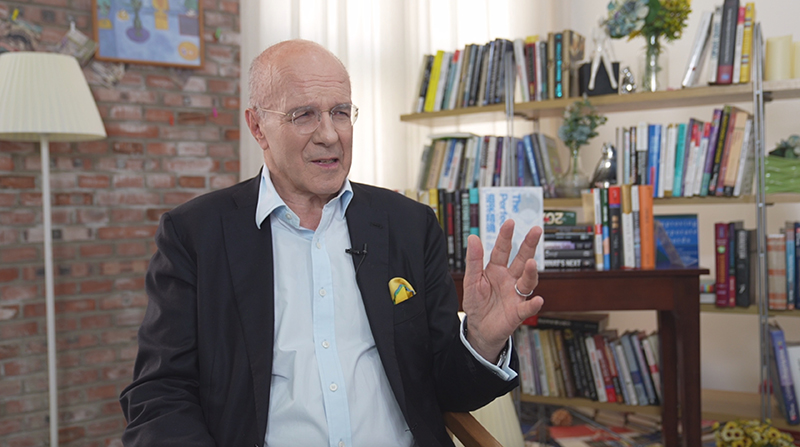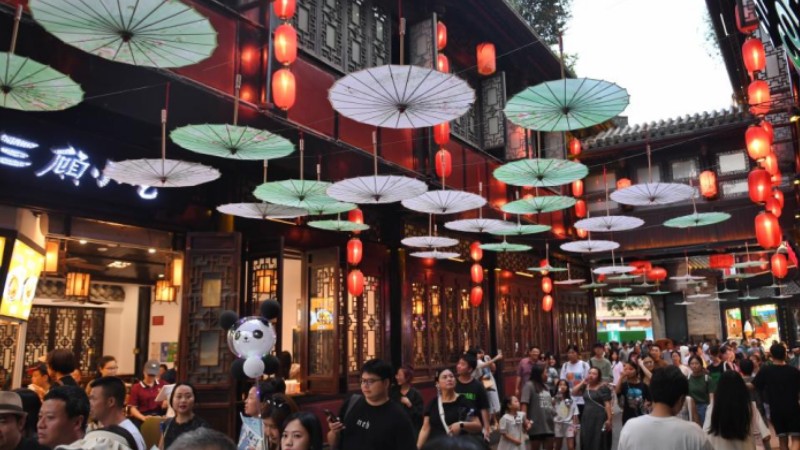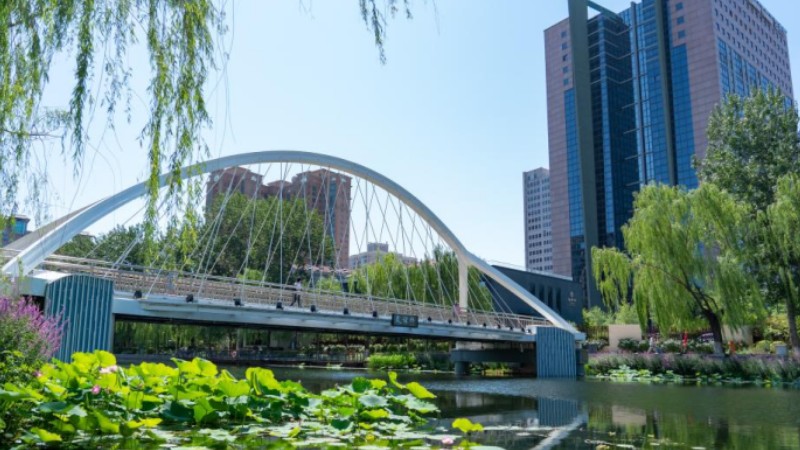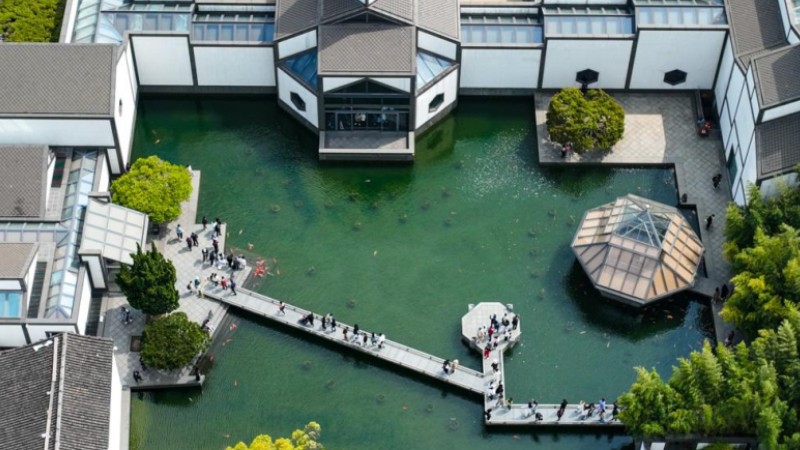Renowned author urges better understanding, collaboration between China, US
In a recent interview with People's Daily Online, acclaimed author and scholar Simon Winchester, whose specialties encompass literature, history, technology, and geography, offered his perceptions of China and underscored the substantial transformations he has observed over time. He championed increased cultural exchange between China and the West, and called on the United States to encourage improved collaboration with China.
China's transformation and progress
Since his first visit to China in 1978, Winchester has observed a substantial transformation in the country. He noted marked advancements, particularly in cleanliness, prosperity, and safety. Infrastructure improvements, including expressways, skyscrapers, and subways, have left him in awe.
The interview also delved into China's ascent in science and technology, with Winchester acknowledging the country's dominance in manufacturing. He distinguished between inventing and producing and urged Chinese scientists and young innovators to embrace risk-taking and view failure as an integral part of the learning journey.
In discussing the influence of Chinese tech giants like Huawei on global technology and innovation, Winchester expressed his admiration for the company's achievements and underscored the significance of healthy competition in the global marketplace.
Winchester shared with People's Daily Online his belief that U.S.-imposed sanctions stem from envy. He stated, "They know that Huawei is a very inspiring company led by very inspired people… I think everything I've seen in these last two weeks confirms my belief that Huawei is simply a very clever company, doing remarkable things that should not be any threat to America, except in a commercial sense. Competition in commerce is a very good thing."

Simon Winchester (People's Daily Online/Liu Ning)
Encouraging cultural exchange
Winchester further urged Western individuals to travel to China to discover this huge, old, and impressive country.
He referenced his earlier work, "The River at the Center of the World," which documented his year-long journey across China, following the Yangtze River from Shanghai to Xizang.
The author warmly recalled the unique landscapes and the variety of people he encountered, particularly in western and southern China. "I'm impressed by eastern China, but I love western China and southern China. These are places that foreigners don't visit nearly so frequently. And I've had so many good experiences," Winchester stated.
His visits to the Mogao Grottoes also left a profound impression on him, exemplifying the allure of the country's cultural heritage.
Advocating for understanding and collaboration
Winchester called for an enhanced understanding between China and the U.S., underscoring the advantages of collaboration and peaceful coexistence.
"Huawei, symbolically, China generally, in my view, is not a threat to the United States," Winchester remarked. He expressed concerns about the escalating anti-China sentiment among certain American politicians, often manifested in their public addresses and media appearances.
Instead, he proposes that cooperation between the U.S. and China would prove beneficial not only to these two nations but also to the entire world.
Winchester pointed out that traditionally, China has remained within its own borders, saying that China has maintained its territorial integrity without seeking expansion.
Winchester suggested inviting Americans, especially those harboring misconceptions about China, to visit the country and experience its reality firsthand.
He stressed the vital role of education in bridging divides and dispelling misconceptions. The scholar also highlighted the need to tackle the ignorance about China among American youngsters.
Winchester placed the responsibility on the U.S. to nurture a relationship with China founded on friendly competition, mutual knowledge, and understanding.
Continuous learning and broad interests
Regarding his adeptness at staying informed across diverse fields, Winchester credited his extensive reading habits and frequent travel. He recognized his wide array of interests and saw it as an advantage in exploring various topics. He expressed his continued desire to learn and disseminate knowledge through his writings.
His book, "The Perfectionists," explores engineers' and scientists' pursuit for precision, which has drived human progress across multiple industries. He acknowledged the dual impacts precision has had on society, resulting in both positive outcomes like the Industrial Revolution and subsequent technological advancements and negative ones.
The conversation shifted to the topic of artificial intelligence (AI), which elicited concern from Winchester. While recognizing AI's remarkable capabilities, he expressed the need for international regulation. He emphasized the urgency for nations to overcome their differences and collaboratively tackle the challenges and implications posed by AI.
Photos
Copyright © 2023 People's Daily Online. All Rights Reserved.









